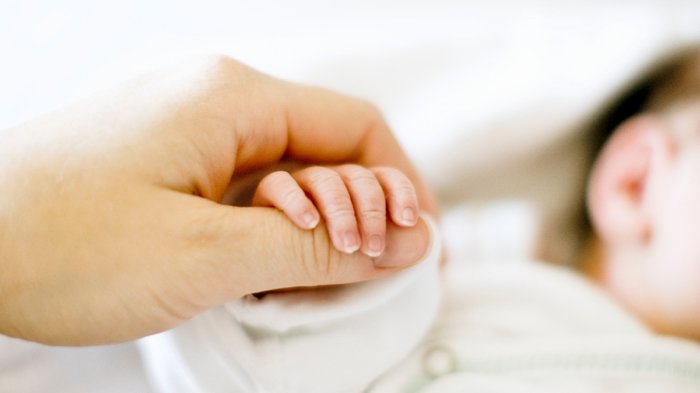
Generally, women enter menopause between the ages of forty and sixty. A woman’s fertility, however, ends ten years prior to this – meaning that fertility for some women could potentially end at age 30.
In regard to balancing family planning and a career, the researchers said it would be extremely valuable for women to know the expected length of their fertility.
“Women often postpone having children until their career has been well established,” said Professor Frank Broekmans and Professor Bart Fauser, study authors and gynecologists from the University Medical Center Utrecht, The Netherlands, in a press release.
“However they may find that it is difficult to get pregnant at this time. It could therefore be very useful for women to know beforehand up to which age they remain fertile,” they said.
If AMH concentration levels indicate that a woman will enter menopause early, the woman can choose to have her eggs frozen if she desires to have children at a later date, according to the researchers.
The study is the first to succeed in making long-term fertility predictions for individual women.
It was published in the Journal of Clinical Endocrinology & Metabolism.
